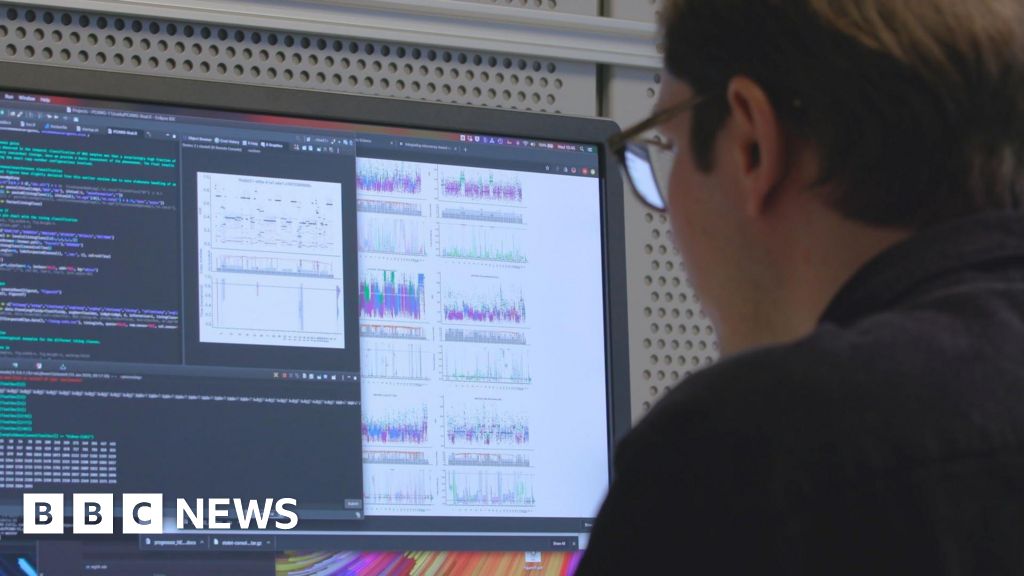The brother of the Southport killer Axel Rudakubana has asked a public inquiry to determine whether officials could have stopped his sibling causing “the most immense pain, anguish and grief”.
In his first public comments since the attack last July, Dion Rudakubana said his younger brother had become “progressively more isolated” after being expelled from school in October 2019.
It also emerged on Wednesday that the teenage killer had been formally discharged from mental health services six days before the mass stabbing on 29 July last year. A wide range of specialists were concerned about the risk posed by Axel Rudakubana, as well as his obsession with knives and extreme violence, as he began to disengage with professionals between 2022 and 2023.
In a written statement to the Southport inquiry, Dion Rudakubana asked the chair, Sir Adrian Fulford, to explore “whether more could have been done” by social services and other agencies to prevent the atrocity.
His legal team said in the document: “To this end, Dion wholeheartedly supports the inquiry’s aim to identify lessons which will minimise the prospect of such harm being caused in the future.”
The inquiry is examining how such a troubled teenager with a known obsession with knives and extreme violence – who was referred three times to the counter-radicalisation scheme Prevent – was able to carry out what Fulford called “one of the most egregious crimes in our country’s history”.
At the time of the attack, Dion Rudakubana was studying mathematics at the University of Warwick, where he helped lead its opera and brass societies.
In a witness statement published by the inquiry on Wednesday, Dion Rudakubana said he had “limited interaction” with his younger brother in the years before the mass stabbing owing to his studies and because he is a wheelchair user. He said he wanted to help Fulford, a retired senior judge, because his brother’s actions “have caused the most immense pain, anguish and grief to the lives of so many people”.
His lawyers said Axel Rudakubana’s expulsion from school aged 13 for carrying a knife and attacking a student “plays an important part in [him] becoming progressively more isolated from his friends and family”.
The teenager and his family had been receiving support from child and adolescent mental health services (Camhs) since February 2021, when Axel Rudakubana was diagnosed with autism, the inquiry was told.
However, he was never diagnosed with a mental health illness, beyond anxiety, in the years before the attack despite the concerns of multiple specialists.
The inquiry was told that mental health professionals carried out a risk assessment of Rudakubana on 23 July last year, six days before the killings, when he was formally discharged from Camhs. The findings of that assessment – the third in four years – have not been disclosed.
It also emerged on Wednesday that specialists raised concerns about Rudakubana’s parents, who, the inquiry was told, played a “consistently unhelpful role” in the youngster’s involvement with mental health services.
Psychiatric specialists had been “perturbed” by the conduct and behaviour of the teenager’s father, Alphonse, during one consultation in 2022, according to a witness statement published by the inquiry. There was a “real concern” among professionals at this meeting that Axel Rudakubana had lost a significant amount of weight, and about a “lack of parental supervision and monitoring”.
Days after Rudakubana turned 15, in August 2021, Camhs reported that he had disclosed “physical aggression and emotional abuse at home”, according to a Lancashire county council witness statement.
A social worker visited the family home that day and reported that “tension with the father was clear” and that Rudakubana poured milk on his parents’ bed during the meeting. No recent violence between Rudakubana and his father had been reported, the statement added.
Lancashire county council, the authority that had overall responsibility for Rudakubana’s welfare, said it had identified failings in its handling of the teenager. It said its monitoring of the teenager “was not as robust as it should have been” and there were several occasions when he should have been given greater support.
In his witness statement, Dion Rudakubana said he wanted the inquiry to explore whether more could have been done by those agencies to try to assist [Rudakubana] and/or whether they could have intervened in such a way as to have minimised the prospect of the attacks … occurring.
The inquiry at Liverpool town hall is due to conclude in November, with a report to the government expected in the following months.


Comment ×